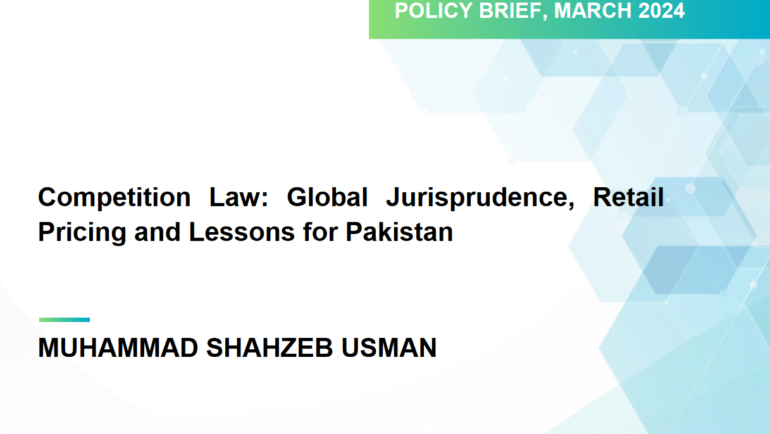Policy Brief 11/10/2024
Terrorism is a term that has found permanent usage in everyday life around the globe. Legal and political fields both use the word at leisure; counter terrorism is a rapidly growing field of work. It is therefore concerning that terrorism does not have a single universal definition under international law. Important terms used across international law usually are defined so that a threshold is set for their application. Leaving terrorism undefined means that there is no uniformity in national approaches to issues related to it. The United Nations currently has 19 instruments on ‘unlawful’ acts (rather than acts of terrorism). These are referred to as the anti terrorism conventions or protocols. In 1996, there was an attempt by the United Nations to unify international rules related to terrorism into one single instrument. The process did not lead to a satisfactory conclusion, leaving the attempt incomplete. However, it is high time that there is a set definition as the international community needs to be unified in the fight against terrorism as a global phenomenon. Countries of the Global South, such as Pakistan, need to be heavily consulted during the process as they have had extensive experience in the field that has led to some solid national definitions which the international community would greatly benefit from.


